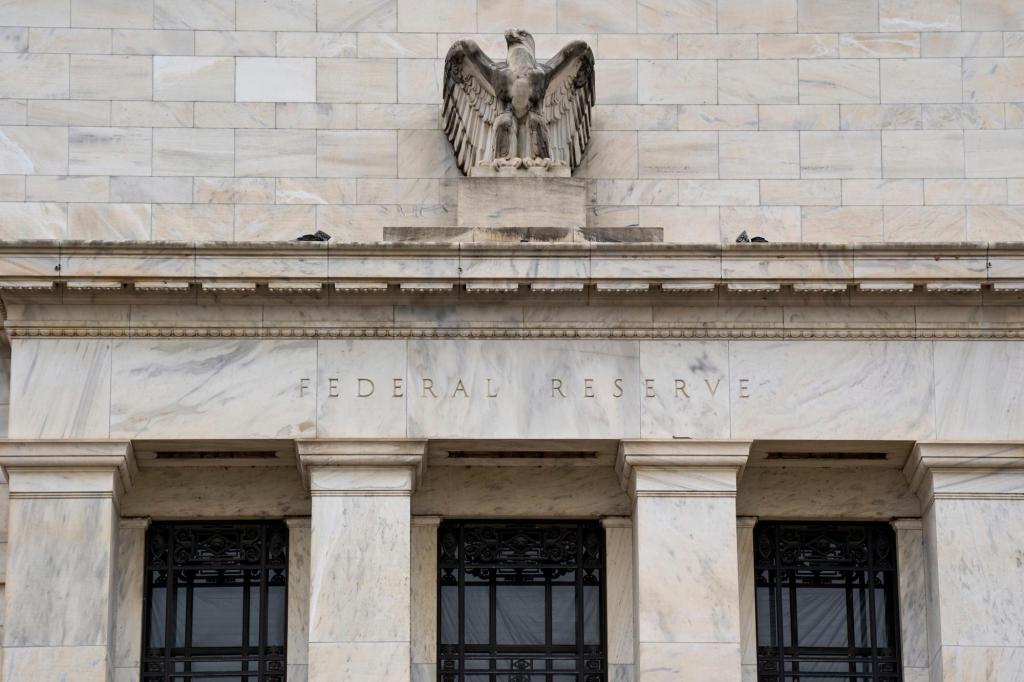Summary
Commercial real estate faces vulnerabilities and the massive growth of private credit threatens to become a locus of contagion for financial turbulence, according to two recent reports.
Source: World Socialist Web Site

AI News Q&A (Free Content)
Q1: What are the primary vulnerabilities in commercial real estate that could contribute to a financial crisis?
A1: Commercial real estate is susceptible to financial crises due to its heavy reliance on debt financing, which can become problematic when interest rates rise or economic conditions worsen. The sector faces risks from declining property values and rental income, which can lead to defaults on loans. As per the 2008 financial crisis, the bursting of real estate bubbles contributed significantly to the financial turmoil. Current reports suggest that similar vulnerabilities persist, with the potential for contagion if credit conditions tighten or economic growth slows.
Q2: How does the massive growth of private credit pose a threat to financial stability?
A2: The growth of private credit can exacerbate financial instability as it often lacks the regulatory oversight that traditional bank lending undergoes. This can lead to excessive risk-taking and leverage, making the financial system vulnerable to shocks. If borrowers default, the lack of transparency and interconnectedness in private credit markets can spread financial stress rapidly, similar to the contagion effects seen in past crises.
Q3: Can machine learning models enhance credit risk assessment in financial institutions?
A3: Yes, machine learning models can significantly improve credit risk assessment by offering more precise and efficient evaluations compared to traditional methods. For instance, a study on UAE commercial banks demonstrated that data-driven algorithms outperformed conventional statistical approaches in predicting credit defaults. The use of techniques like Linear Discriminant Analysis allows for better discrimination between good and bad creditors, enhancing the accuracy of credit ratings.
Q4: What lessons from the 2008 financial crisis are applicable to today's commercial real estate market?
A4: The 2008 financial crisis highlighted the dangers of excessive leverage and the interdependence of financial markets. For today's commercial real estate market, it is crucial to maintain prudent lending practices and adequate capital buffers to withstand property value fluctuations. Additionally, transparency and regulatory oversight must be strengthened to prevent the buildup of systemic risks that could lead to another crisis.
Q5: How can crisis heritage management create business opportunities from financial collapse?
A5: Crisis heritage management involves leveraging distressed commercial real estate assets to generate new business opportunities. By optimizing maintenance costs, re-engineering properties, and intensive marketing, these assets can be revitalized to attract investments. This approach not only stabilizes financial institutions burdened by depreciated assets but also supports corporate governance and long-term economic growth.
Q6: What role do interest rates play in the buildup to a financial crisis in the real estate sector?
A6: Interest rates are pivotal in shaping real estate market dynamics. Low rates can fuel borrowing and asset bubbles, while rising rates increase borrowing costs, potentially leading to defaults. The transition from low to high rates can strain borrowers who are unable to service their debts, triggering a cascade of defaults and a potential financial crisis, as seen in past economic downturns.
Q7: What are the potential impacts of financial crises on global economic systems?
A7: Financial crises can have severe impacts on global economic systems, including recessions, unemployment, and reduced investments. They often lead to a loss of confidence among investors and consumers, resulting in decreased economic activity. The interconnectedness of global markets means that a crisis in one region can quickly spread, affecting economies worldwide. Effective regulatory frameworks and proactive risk management are crucial in mitigating these impacts.
References:
- Structure and causality relations in a global network of financial companies
- Crisis' Heritage Management - New Business Opportunities Out of the Financial Collapse
- Credit Risk Assessment Model for UAE Commercial Banks: A Machine Learning Approach
- Financial crisis
- 2008 financial crisis



